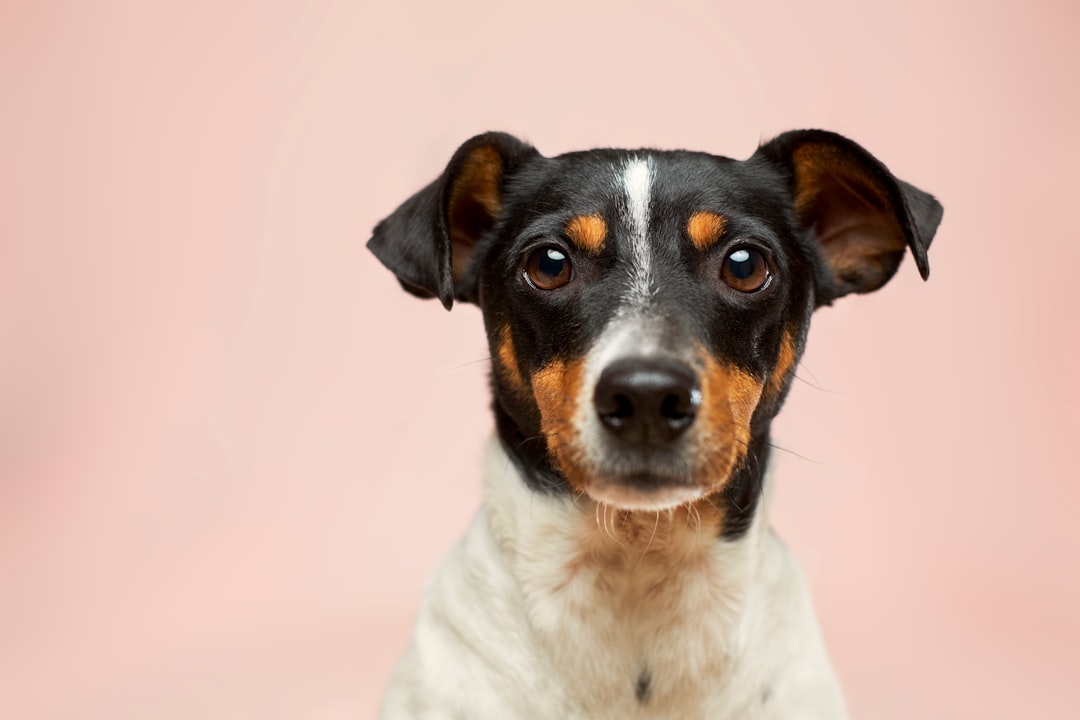We all love spoiling our furry friends with tasty treats, but it’s essential to know what’s safe for them to eat. Butterscotch, with its sweet and buttery flavor, is a favorite for many humans. But can dogs eat butterscotch? Let’s dive into the details to ensure your canine companion stays healthy and happy.
Can Dogs Eat Butterscotch? The Short Answer
Generally, it’s best to avoid giving your dog butterscotch. While a tiny lick probably won’t cause immediate harm, butterscotch offers no nutritional value for dogs and contains ingredients that can be detrimental to their health. The high sugar content, butter, and sometimes artificial sweeteners present in butterscotch can lead to various health problems.
The Risks of Butterscotch for Dogs
Butterscotch, unfortunately, poses several potential risks to your canine companion:
High Sugar Content
Butterscotch is loaded with sugar, which is never a good thing for dogs. Excessive sugar intake can lead to weight gain, dental problems like cavities, and even diabetes over time. Just like in humans, a consistently sugary diet can disrupt a dog’s metabolism and overall health.
Fat Content
The butter in butterscotch contributes a high-fat content. While some fat is essential for a dog’s diet, too much can lead to pancreatitis, a painful inflammation of the pancreas. This condition can be serious and requires veterinary attention.
Artificial Sweeteners (Especially Xylitol)
Some sugar-free butterscotch candies may contain artificial sweeteners like xylitol. Xylitol is extremely toxic to dogs. Even small amounts can cause a rapid drop in blood sugar (hypoglycemia), seizures, liver failure, and even death. Always check the ingredient list meticulously if you suspect your dog has consumed any butterscotch.
Dairy Intolerance
Many dogs are lactose intolerant, meaning they have difficulty digesting dairy products like butter. Butterscotch contains butter, which can lead to digestive upset, including diarrhea, vomiting, and abdominal discomfort in lactose-intolerant dogs.
Other Harmful Ingredients
Butterscotch may also contain other ingredients that could be harmful, such as artificial flavors, colors, and preservatives. These additives can cause allergic reactions or sensitivities in some dogs.
Are There Any Potential Benefits?
In short, no. There are absolutely no health benefits to feeding your dog butterscotch. It provides empty calories and potential health risks, making it a treat that should be avoided entirely.
What to Do if Your Dog Eats Butterscotch
If your dog has eaten butterscotch, here’s what you should do:
Assess the Situation
How much butterscotch did your dog eat? Check the ingredients list of the product consumed. Did it contain xylitol? The amount ingested and the presence of xylitol are critical factors in determining the severity of the situation.
Contact Your Veterinarian Immediately
If the butterscotch contained xylitol, contact your veterinarian or an animal poison control center (like the ASPCA Animal Poison Control Center) immediately. Xylitol poisoning is a medical emergency.
Monitor Your Dog
If the butterscotch didn’t contain xylitol and your dog only ate a small amount, monitor them closely for any signs of distress, such as vomiting, diarrhea, lethargy, or abdominal pain. If you notice any of these symptoms, contact your veterinarian.
Provide Plenty of Water
Regardless of the amount consumed, make sure your dog has access to plenty of fresh water to help them stay hydrated.
Safe Alternatives to Butterscotch for Dogs
Instead of butterscotch, offer your dog healthy and safe treats that are specifically designed for them. These options provide nutritional value and won’t put their health at risk:
- Dog-Specific Treats: Choose high-quality dog treats made with wholesome ingredients.
- Fruits and Vegetables: Many fruits and vegetables are safe and healthy for dogs in moderation, such as carrots, apples (without the core and seeds), blueberries, and bananas.
- Plain Cooked Chicken or Turkey: Small pieces of plain, cooked chicken or turkey can be a tasty and protein-rich treat.
- Peanut Butter (Xylitol-Free): A small amount of peanut butter (make sure it doesn’t contain xylitol) can be a delicious and rewarding treat.
Pros and Cons of Feeding Dogs Butterscotch
- Cons:
- High in sugar, leading to weight gain and dental problems.
- High in fat, potentially causing pancreatitis.
- May contain xylitol, which is extremely toxic to dogs.
- Can cause digestive upset in lactose-intolerant dogs.
- May contain harmful additives.
- Pros:
- None – Butterscotch offers no nutritional benefit to dogs.
Frequently Asked Questions
Is butterscotch ice cream safe for dogs?
No, butterscotch ice cream is not safe for dogs. It contains high levels of sugar and fat, and may also contain artificial sweeteners and dairy, all of which can be harmful to your dog’s health.
What if my dog only ate a tiny piece of butterscotch?
A tiny piece might not cause serious harm, but it’s still not recommended. Monitor your dog for any signs of digestive upset. If the butterscotch contained xylitol, even a small amount is cause for concern, and you should contact your veterinarian immediately.
Can I give my dog sugar-free butterscotch?
No, you should not give your dog sugar-free butterscotch. Many sugar-free candies contain xylitol, which is extremely toxic to dogs. Always check the ingredients list, and avoid giving your dog any products containing xylitol.
Are there any human foods that are safe and healthy treats for dogs?
Yes, there are several human foods that are safe and healthy for dogs in moderation. These include carrots, apples (without the core and seeds), blueberries, bananas, plain cooked chicken or turkey, and peanut butter (xylitol-free).
Ultimately, while you might enjoy the sweet taste of butterscotch, it’s not a treat that’s suitable for your canine companion. Prioritize your dog’s health and well-being by offering them safe and nutritious treats that are specifically designed for their needs. Always be vigilant about checking ingredients lists and consulting with your veterinarian if you have any concerns about your dog’s diet.

